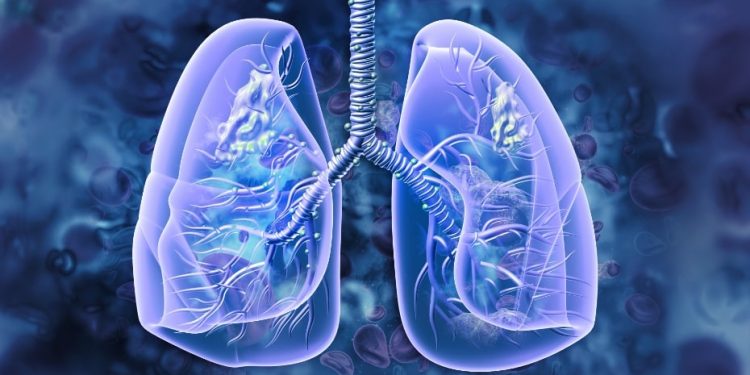Technology has revolutionized virtually every aspect of our lives. However, there are scenarios where tech can have unintended consequences including health issues. There are instances where defective devices can lead to chronic conditions like respiratory issues. A good example is a case where some brands of Continuous Positive Airway Pressure (CPAP) devices have had to be recalled after they were linked to conditions like lung diseases.
Whether it’s a faulty inhaler, a malfunctioning ventilator, a defective CPAP machine or any other respiratory device, managing lung issues caused by such defects is crucial for your well-being when affected. Here are some of the steps you can take to mitigate the impact on your respiratory health:
Table of Contents
Identify the Defective Device
The first and most important step in managing lung issues caused by defective devices is to identify the source of the problem. Again, whether it’s a malfunctioning air purifier, a faulty respiratory device, recalled CPAP device or any other gadget, for that matter, it is imperative to cease its use immediately. Continuing to use a defective device may exacerbate the problem and it might even lead to further health complications.
Seek Immediate Medical Attention
Once you have established the root of the problem you must seek medical attention promptly. Ensure that you discuss your concerns and any symptoms you might be experiencing with your healthcare provider.
They can assess the extent of the impact on your respiratory health and provide you with guidance on alternative devices or treatment options. Remember, early intervention can make a significant difference in managing and minimizing potential complications.
Also, make sure you keep a detailed record of any symptoms you experience and note any issues with the respiratory device.
Tip: Documenting your observations, such as unusual sounds, malfunctions, or inconsistent performance, can provide valuable information for healthcare professionals and regulatory authorities.
Explore Legal Options
If your lung issues are a result of a defective product, you must understand that you may be entitled to legal compensation. In this case, you must consult with an attorney specializing in product liability lawsuits such as Parker Waichman to explore your options. A product recall lawyer can guide you through the process of filing a class-action lawsuit against the manufacturers for negligence, holding them accountable for producing faulty devices and seeking compensation for medical expenses and other damages.
For example, in the past few years, healthcare product manufacturing Philips has been facing a product liability lawsuit pertaining to defective CPAP devices linked to causing respiratory issues. In 2021, some of their CPAP and ventilator machines had to be recalled after it was found their sound abatement foam component degraded over time, releasing harmful particles into the air pathway.
Sadly, the foam has contributed to the development of serious respiratory conditions, exacerbating existing health issues in unsuspecting patients. The ongoing Philips CPAP product liability lawsuit has shed light on the complex intersection of innovation, consumer safety, and corporate responsibility within the healthcare industry.
If you are one of those affected by this, then you can take legal action against the manufacturer. This allows you to seek justice for the harm you’ve suffered due to the defective device. This avenue can help provide compensation to handle the damage done by the defective device to your health, well-being, and your life in general.
Stay Informed About Device Recalls
Moreover, it is so important that you keep yourself informed about device recalls and safety alerts related to respiratory devices. Manufacturers periodically issue recalls for devices with identified defects.
You should make sure that you stay updated on these announcements through official channels, and follow the recommended actions, which may include returning the device for replacement or repair.
Follow Treatment Plans and Medication
Last but not least, it is critical that you adhere to your prescribed treatment plans and medication regimens. Following the treatment plan in terms of using the prescribed medications and therapies can help you manage lung issues and provide relief from symptoms. Ensure that you work closely with your healthcare provider to explore alternative respiratory devices that may suit your needs.
They may need to adjust their treatment plan based on the impact of the defective device, so ongoing communication is essential. Finding a suitable replacement can be the way forward in helping you maintain optimal lung function and manage your respiratory conditions effectively.
Wrapping up
Having to deal with lung issues caused by defective devices can be challenging, but proactive and informed steps can significantly contribute to managing and improving your respiratory health. It is important to remember, your health is a priority, and taking the right steps now can contribute to a better quality of life in the long run. In addition, you can also explore filing a product liability lawsuit to seek compensation for damages, pain and suffering caused by the device.


 Home
Home









